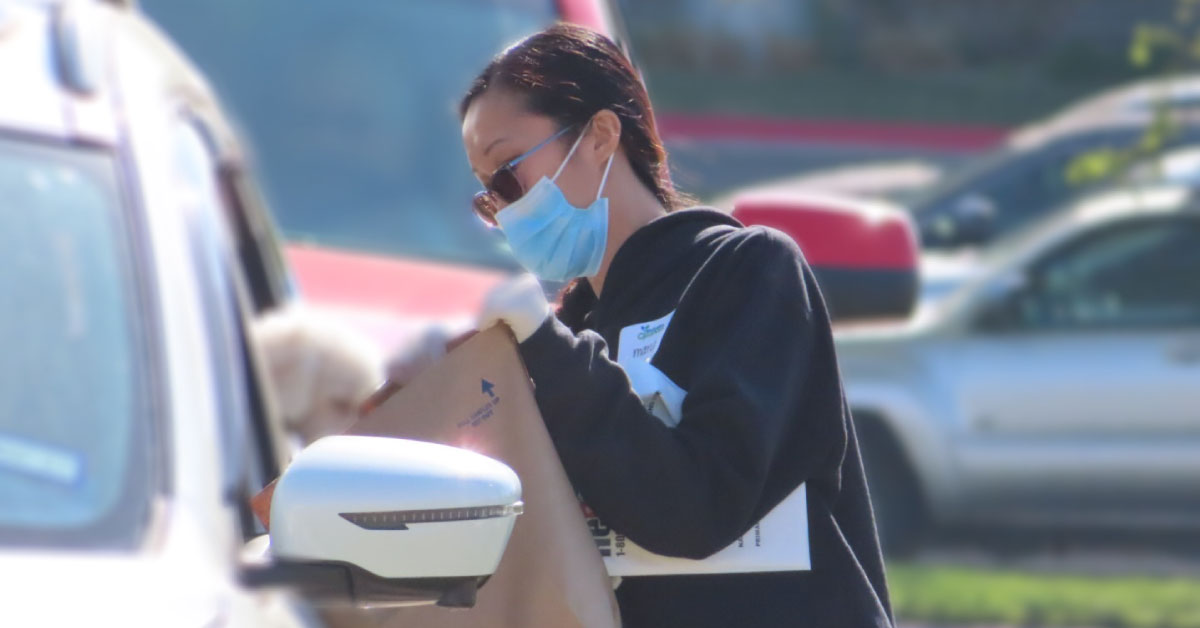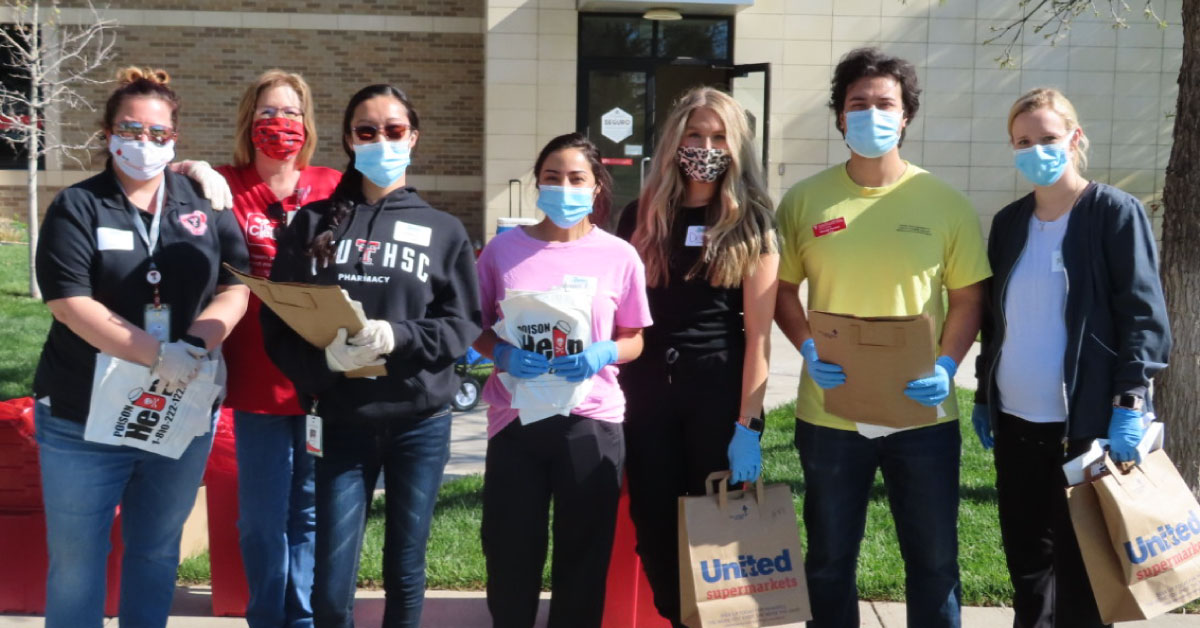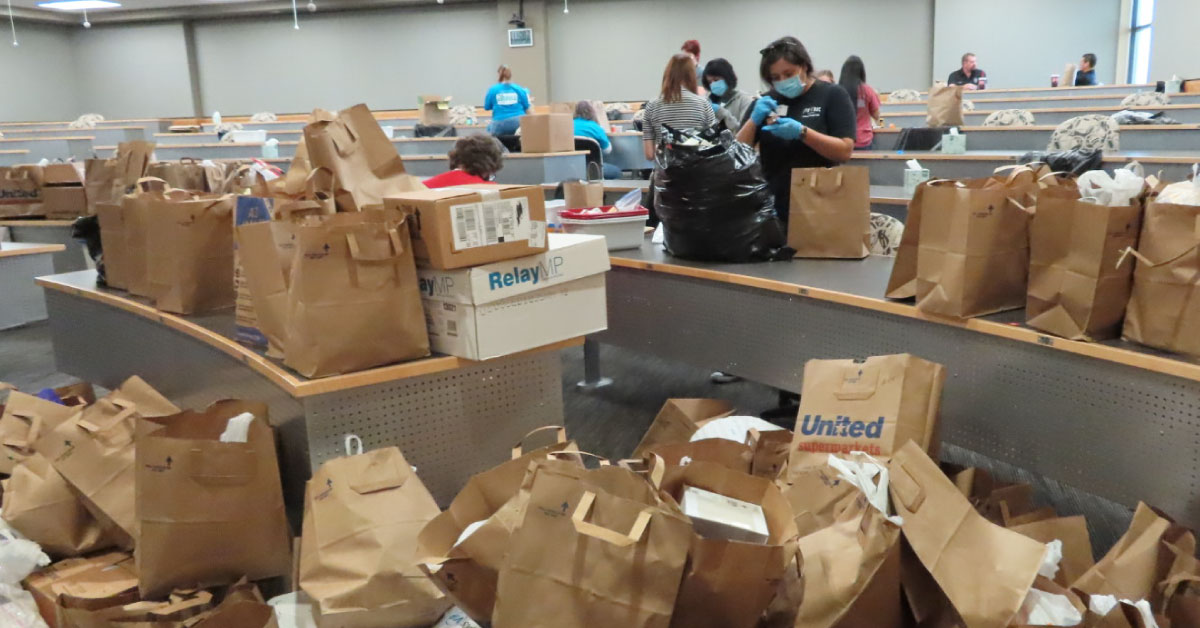 With the help of the Texas Panhandle Poison Center (TPPC), which is managed by the
Texas Tech University Health Sciences Center (TTUHSC) Jerry H. Hodge School of Pharmacy,
local residents properly disposed of all expired, unwanted or unnecessary medications
at a Medication Cleanout™ event on Sept. 25 at the TTUHSC Jerry H. Hodge School of
Pharmacy.
With the help of the Texas Panhandle Poison Center (TPPC), which is managed by the
Texas Tech University Health Sciences Center (TTUHSC) Jerry H. Hodge School of Pharmacy,
local residents properly disposed of all expired, unwanted or unnecessary medications
at a Medication Cleanout™ event on Sept. 25 at the TTUHSC Jerry H. Hodge School of
Pharmacy.
TPPC Managing Director Jeanie Jaramillo-Stametz, Pharm.D., who also is an assistant professor of pharmacy practice at the Jerry H. Hodge School of Pharmacy, encouraged Amarillo residents and those from the surrounding area to bring their unused, expired or unnecessary medications for proper disposal. The program also provided disposal services for syringes or sharps.

This is TPPC’s 72nd Medication Cleanout™ event since the program began in 2009. To date, nearly 63,000 pounds of medications and sharps have been collected for proper disposal.
Jaramillo-Stametz said old medications become potential sources of poisoning to young children or may be accessed by teens experimenting with drugs. They also are a hazard to adults and elderly as they increase the risk of choosing the wrong bottle or taking medications that are no longer required.
“Medication Cleanout™ is a proactive approach to safeguard our communities by providing a free and convenient way for people to dispose of these medications in a legal, environmentally sound and convenient manner,” Jaramillo-Stametz added.
Jaramillo- Stametz said the abuse of prescription medications continues to be a national epidemic.

“Now is the time to clean out your medicine cabinets and remove these items from your homes to reduce the risk of poisoning by medications,” Jaramillo-Stametz stressed. “In addition, many people, whether pre-teens, teens or adults are experiencing depression and sadness due the pandemic. This could lead them to impulsively turn to the medicine cabinet for relief or as a suicidal gesture, so by taking just a few minutes to clean out your medication, you could be saving a life because poisoning, which includes medication overdose is the third most common means of suicide today in the U.S.”
Medication Cleanout™ employs a drive-thru, drop-off format that allows residents to conveniently dispose of their medications without leaving their cars. Yard signs were posted to help drivers locate the drive-thru path. During these events, medications should be left in their original containers.
Though not required, Jaramillo-Stametz said participants were asked to wear face coverings to protect themselves and event volunteers.
Because of environmental restrictions, only medications from households were accepted. Medications from clinics, pharmacies and other businesses were not allowed.
For more information about the Medication Cleanout™, call (806) 414-9495 or visit the Medication Cleanout webpage.

